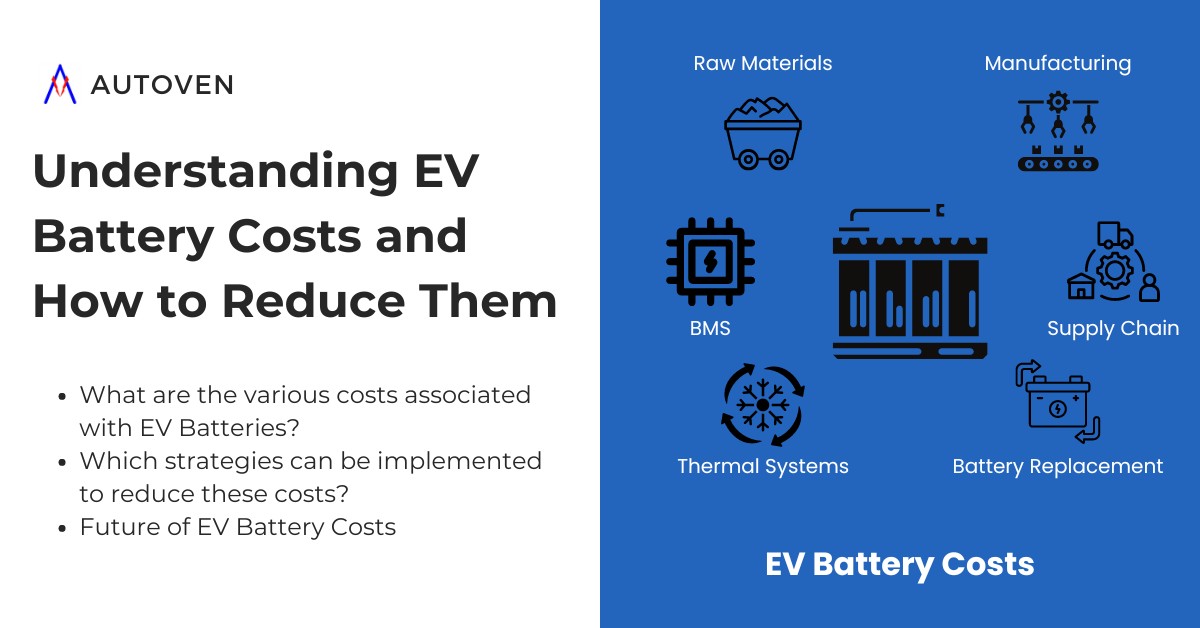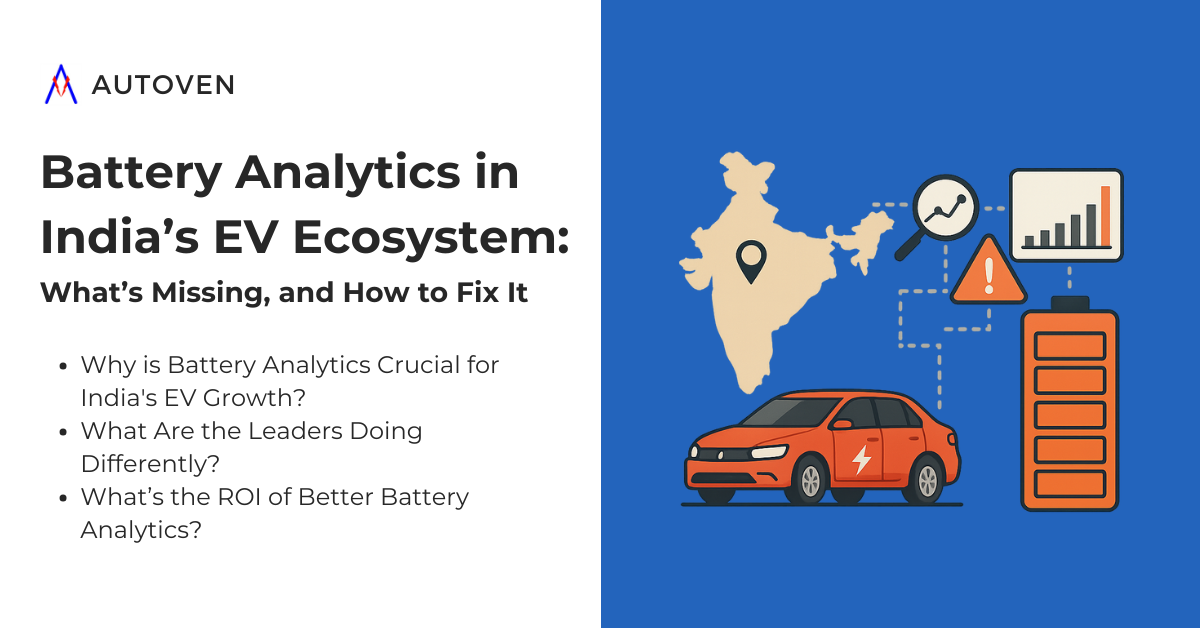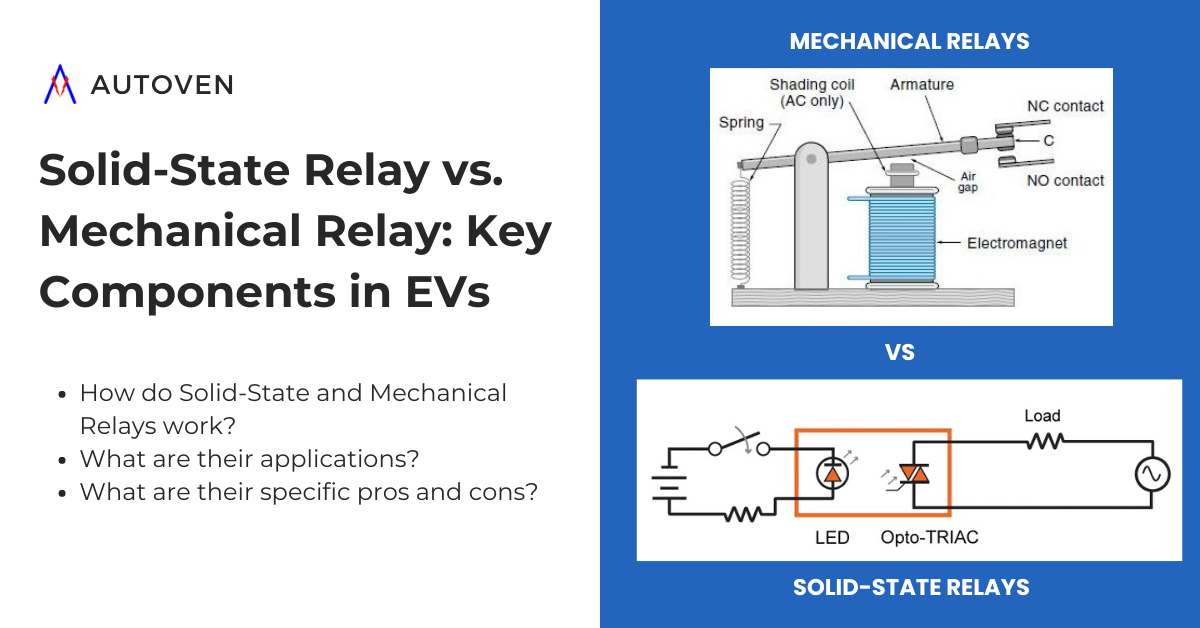Explore the current EV battery costs, the related expenses, and innovative strategies to reduce them for a more affordable electric future.
Introduction
In India, the adoption of electric vehicles (EVs) is on the rise, driven by environmental concerns, government incentives, and a push toward sustainable transportation. However, the cost of an electric vehicle (EV) battery is one of the biggest factors influencing the overall price of an EV. As the demand for electric cars grows, so does the interest in understanding these costs. In this blog, we’ll explore the EV battery costs specific to India, other related expenses, and how to reduce them in the Indian context.
What is the Cost of an EV Battery in India?
Like the rest of the world, the cost of an EV battery in India has decreased steadily over the past decade. In 2024, the average cost of an EV battery in India will be around ₹15,000 to ₹20,000 per kilowatt-hour (kWh). A typical electric car with a 40 kWh battery amounts to approximately ₹6,00,000 to ₹8,00,000.
Several factors influence these costs:
- Raw Materials: Lithium, cobalt, and nickel are imported, and the fluctuations in global commodity prices affect local battery production costs. India is also exploring local sourcing of lithium, especially from countries like Australia and Bolivia.
- Manufacturing: India currently imports most battery cells and assembles them domestically. However, the government’s push towards “Make in India” is expected to bring more battery manufacturing plants to India, potentially lowering costs in the coming years.
- Economies of Scale: In India, large-scale production can drive down per-unit costs, but EV demand needs to grow for manufacturers to achieve this. As demand increases, battery manufacturers can further scale up production and lower prices.
EV Battery Replacement Cost
One concern for Indian EV owners is the cost of replacing their batteries. In India, this cost depends on the car’s make and model and the battery’s size. On average, replacing an EV battery in India can cost between ₹3,00,000 and ₹8,00,000, which amounts to about 50% of the vehicle cost. Moreover, most EVs come with 6-month to 3-year warranties (in some cases, they are extendable to 5 years), which usually does not cover the entire life of the battery.
As the local battery manufacturing ecosystem develops, these replacement costs are expected to decline, reducing the financial burden on EV owners.
Other Battery-Related Costs
Beyond the initial purchase and potential replacement, there are other costs associated with EV batteries:
Battery Management System (BMS):
The BMS is critical in managing battery efficiency, safety, and lifespan. Indian manufacturers have been focusing on procuring localized BMS solutions to ensure the batteries perform well in diverse Indian climates. This adds to the cost but is crucial for battery longevity.
Thermal Management:
India’s diverse and extreme climates, from the hot deserts of Rajasthan to the cold Himalayas, pose challenges for EV batteries. Effective thermal management systems are essential to keep the battery operating within optimal temperature ranges, adding to costs.
Recycling and Disposal:
India is still developing its infrastructure for battery recycling. As EV adoption grows, there will be a greater need for efficient recycling processes. This will incur costs for manufacturers and, eventually, consumers, but it is also an opportunity for innovation and job creation in the recycling sector.
Supply Chain and Logistics:
The supply chain for EV batteries is complex, with many materials imported. However, the Indian government is working to localize it under initiatives like the Production-Linked Incentive (PLI) scheme for advanced chemistry cell battery storage. As the supply chain matures, costs may stabilize.
How Much Do Electric Car Batteries Cost Compared to Traditional Engines?
When considering the cost of electric car batteries compared to traditional internal combustion engines (ICE), the upfront cost of an EV battery is undoubtedly higher. However, EVs tend to be more economical over the vehicle’s lifetime.
ICE vehicles require regular maintenance, such as oil changes, engine repairs, and fuel, whereas EVs have fewer moving parts and lower maintenance needs. In India, EV owners also benefit from government incentives like the Faster Adoption and Manufacturing of Hybrid and Electric Vehicles (FAME) scheme, which reduces the effective cost of EVs.
Strategies to Reduce EV Battery Costs
Reducing EV battery costs is crucial for making electric vehicles more affordable. Here are some strategies that the industry is exploring:
Advanced Materials:
Researchers are working on cheaper and more efficient alternative chemistries. For example, lithium-iron-phosphate (LFP) and nickel-manganese-cobalt (NMC) batteries are currently widely used, but lithium-manganese-iron-phosphate (LFMP) batteries are gaining popularity due to their lower cost and safety.
Improved Manufacturing Processes:
Automation and innovative production techniques can reduce manufacturing costs. Gigafactories, which produce batteries at scale, are key to achieving this.
Battery Recycling and Second-Life Application:
Establishing an efficient battery recycling ecosystem in India is key to reducing raw material costs. Moreover, second-life applications, such as using retired EV batteries for energy storage, can further reduce costs by extending battery life beyond its automotive use.
Government Incentives:
Government schemes like FAME and state-specific EV policies provide incentives for both consumers and manufacturers. These incentives can help reduce the upfront cost of EVs and encourage local manufacturing, driving down the overall cost of batteries in India.
Digital Twin Technology:
Digital twin technology allows manufacturers to create virtual models of batteries, enabling them to optimize designs, predict failures, and improve efficiency. These Digital twins can help reduce costs, enhance battery performance, and increase battery life, thereby reducing lifetime costs by simulating real-world conditions.
Shared Charging Infrastructure:
The Indian government and private companies are investing in shared charging infrastructure across cities and highways. This reduces the need for expensive home charging setups, lowering the overall cost of owning an EV.
The Future of EV Battery Costs in India
The future of EV battery costs in India is promising. With increased investment in local manufacturing, research into alternative battery chemistries, and supportive government policies, we can expect a reduction in battery costs over the next few years.
Moreover, as more players enter the Indian EV market, competition will drive innovation and cost reductions. The government’s push towards electrification of public transportation, including buses and three-wheelers, will further accelerate cost reductions, benefiting the entire ecosystem.
Conclusion
Understanding the cost of EV batteries and other battery-related expenses is essential for the Indian market, where affordability plays a significant role in EV adoption. While the current battery costs are high, the combination of local manufacturing, government incentives, and technological innovation promises a future where EVs are both environmentally friendly and cost-effective for the average Indian consumer.
By focusing on EV battery replacement cost, recycling, and alternative technologies, India can make electric vehicles accessible to all. As we continue to invest in infrastructure, manufacturing, and research, questions like how much electric car batteries cost will no longer be a barrier to EV adoption in India. Instead, they will be a stepping stone toward a sustainable and affordable electric future.



